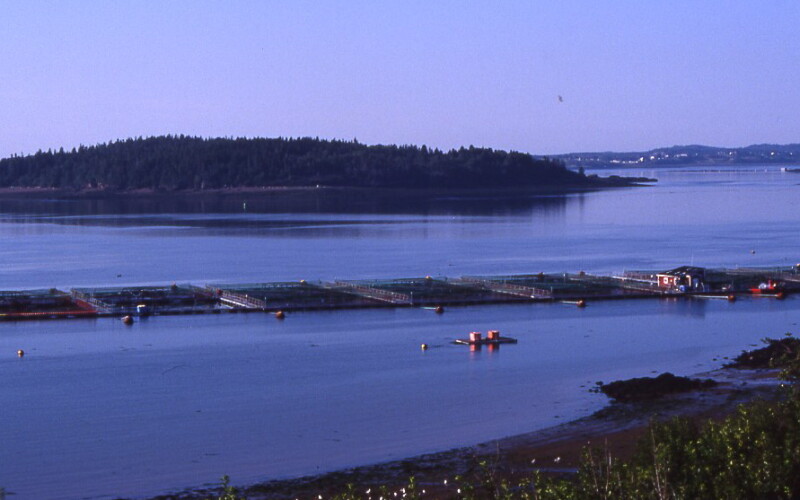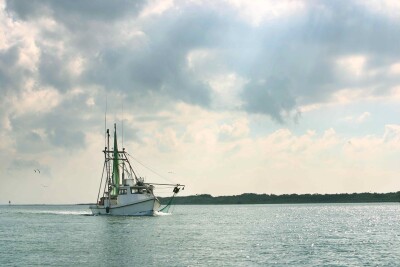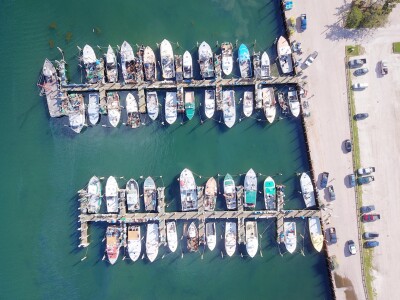The Maine Department of Marine Resources introduced a bill to make processing aquaculture leases more efficient. But a reduction in public notices and tighter requirements for a public hearing have raised the ire of numerous fishermen and community groups all along the coast.
Bill LD 2065, sponsored by Rep. Alison Hepler of district 49, would reduce the number of required public notices of an aquaculture lease or lease change from two to one, and increase the number of people it takes to request a public hearing on an aquaculture lease from five to 25. It also streamlines the process of converting an experimental lease into a standard lease.
According to Crystal Canney, executive director of the Protect Maine’s Fishing Heritage Foundation, the changes limit public participation in the leasing process of public waters.
“This bill accelerates aquaculture leases and increases the difficulty for the public to participate in the process,” says Canney. “This bill makes it possible for a 3-year experimental lease to automatically become a 20-year lease unless 25 people ask for a hearing.”
Canney notes that the state is theoretically obliged to review aquaculture sites annually, but falls far short of that.
“They review 30 percent of the Limited purpose leases and half the standard leases,” she says. “They can’t monitor what they have and they want more.” Canney also contends that turnover at the DMR has led to a staff that is less experienced in reviewing leases.
At a hearing on the bill on Feb. 1, Dierdre Gilbert, who has been with the DMR for decades, testified that the bill was all about increasing efficiency. “There is little evidence that multiple newspaper notices are an effective means of increasing awareness of the proceedings with the public. Further, given the requirements of what these notices must contain for information, they are expensive ($1,000-$2,000). The Department does not feel that this is the best use of limited Department resources or applicant resources,” Gilbert told the Maine legislature’s Marine Resources Committee. She also defended the change requiring 25 people to demand a hearing, but admitted that the DMR would be happy with anything more than five people attending.
Those testifying at the Feb. 1 hearing were overwhelmingly opposed to the legislation. They frequently noted that aquaculture takes place in the public domain and should involve public participation. Nonetheless, the committee voted that LD 2065 ought to pass.







